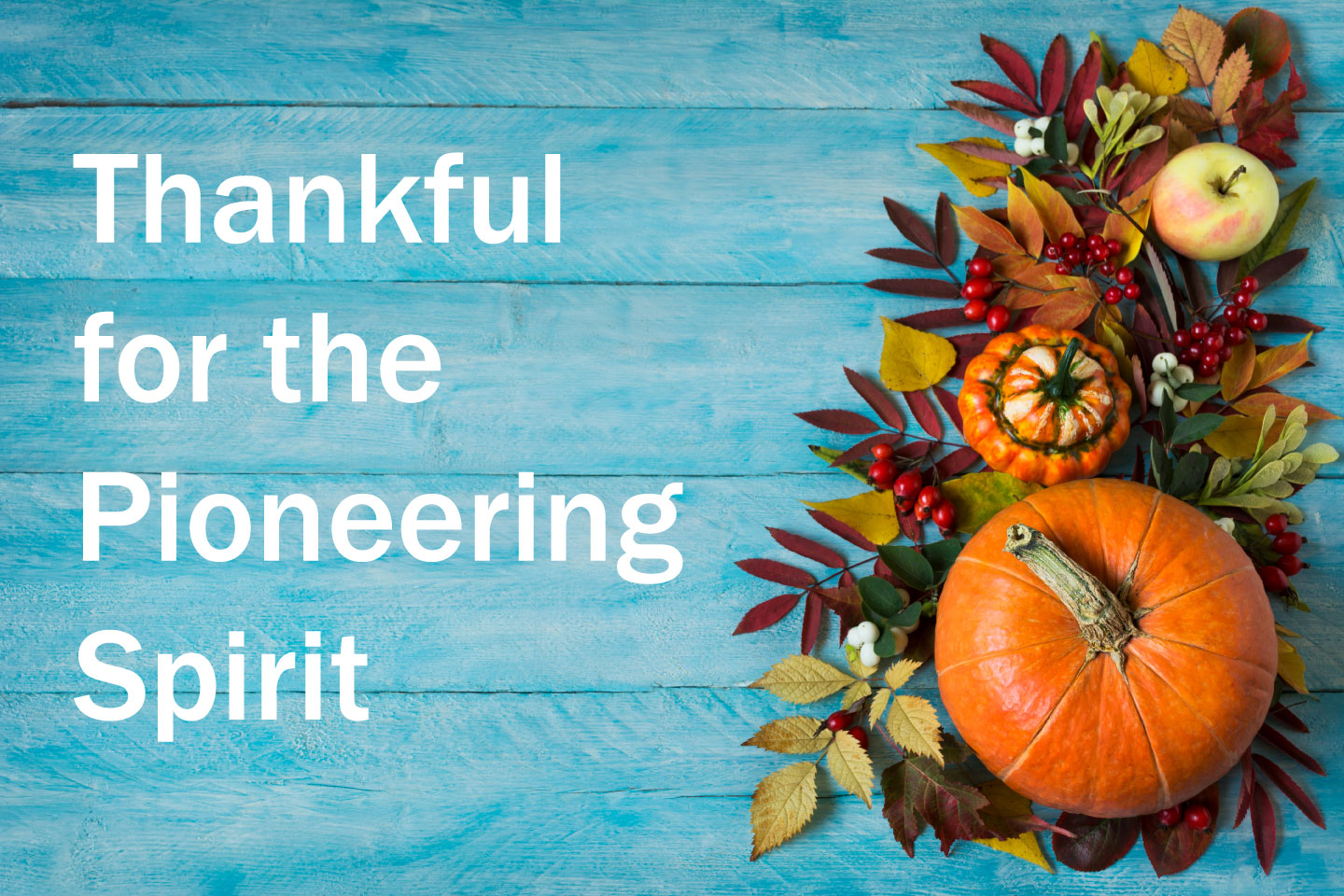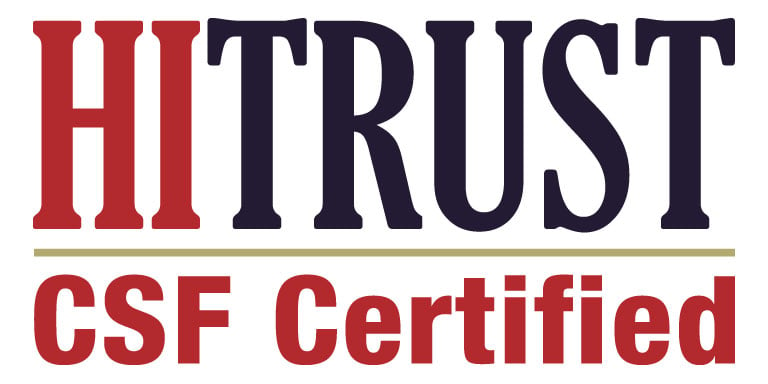
It’s Thanksgiving and a good time to remember the pilgrims. Nearly 400 years ago, a hardy band of about 100 Pilgrims set sail from England on the Mayflower, heading for America. They were willing to brave the perils of the Atlantic in order to fulfill their hopes and dreams of a new life.
After 66 days at sea, they reached land and settled in Plymouth, Massachusetts, where they established a colony. But their struggles weren’t over. They faced a cold, hard New England winter and nearly half the settlers perished.
A year after their arrival, following the first harvest, the Pilgrims invited Native Americans to join them for a feast at which they gave thanks for surviving their first year. The gathering was the first Thanksgiving, a holiday we celebrate tomorrow.
Throughout history, events that disrupt the status quo spur uncertainty and fear. The Pilgrims disrupted conventions and sought a new world where they could live a better life. The same could be said of today's pioneers in healthcare.
While our blog doesn’t give us adequate space to profile all of the pioneers for whom we are grateful, we would like to thank the following scientists and researchers who have their sights set on another new horizon, the world of precision medicine. Like those who set out for the new world four centuries ago, they are looking to cure disease and improve the health of patients- no less daunting a goal than setting sail for a new world.
- Judea Pearl is an early pioneer of Bayesian networks and the probabilistic approach to AI (check out his The Book of Why). He was one of the first to use mathematics to get to the “why” in scientific modeling, providing the foundation for AI to move from correlation to causation, which is critical in the healthcare industry.
- James P. Allison, PhD of the University of Texas MD Anderson Cancer Center and Tasuku Honjo, MD, PhD of Kyoto University in Japan were awarded the 2018 Nobel Prize in Physiology or Medicine for discovering how the immune system can be harnessed to attack tumor cells. This is a key advancement in the development of immuno-therapy drugs and gets us closer to curing cancer.
- Jennifer Doudna, a pioneering biochemist, is a leading figure in what is known as the “CRISPR Revolution.” Doudna and Emmanuelle Charpentier were the first to propose that CRISPR/Cas 9 (enzymes from bacteria that control microbial immunity) could be used for programmable editing for genomes. The potential to treat many diseases in a more precise way is inspiring.
- National Institutes of Health, led by Francis Collins, who is spearheading NIH’s All of Us Research Program. The ambitious initiative addresses the need for more diversity in healthcare data by recruiting one million or more Americans of all backgrounds, ethnicities, walks of life and regions across the country. This broadening of the healthcare database is crucial to enable the biomedical breakthroughs needed to realize the full potential of precision medicine.
- MIT, which recently announced a $1 billion plan to reshape its academic program around AI technology. The corner stone of this initiative is a new college combines AI, machine learning and data sciences with other academic disciplines. This effort to take AI into the mainstream is a critical step forward in advancing precision medicine.
And while those are just a few of the many pioneers moving the needle towards better healthcare, we are thankful for the combined efforts across the healthcare ecosystem. We are equally grateful to the clinicians, researchers, data scientists, physicists, mathematicians and others who are working each day to unravel human biology, better understand disease progression and match treatments based on an individual’s biology.
So as you gather round the table with family and friends, take a moment to be grateful for today’s generation of “pilgrims” and pioneers who are discovering new drugs, finding ways to improve our health, cure disease and take on new challenges to arrive at a better world.

